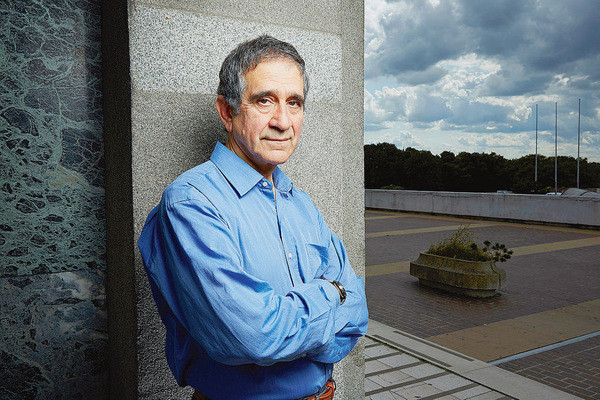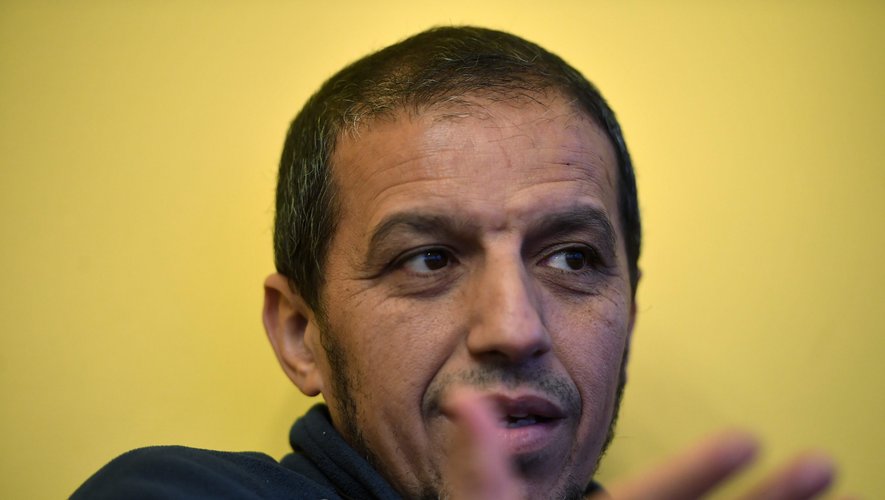In a recent Le Monde interview, sociologist Farhad Khosrokhavar spoke about the national counter-terrorism plan presented by Prime Minister Edouard Philippe on February 23.
However, the plan has been criticized on several fronts. According to Khosrokhavar, “There are a number of positive points involving internet actors, for example, or the professionalization of local actors. But, as a whole, I found that the plan poses a real problem…In the long term, it doesn’t address the issue, because the actors know the system’s weaknesses and will adapt to them. An ‘integrative’ component that one finds in Denmark, for example, which pushes for reintegrating radicalized youths into civil society, is severely lacking.”
He continues, “[we need] the social component, the economic component and the ‘citizen’ component, something that gives these young people a chance to redeem themselves by integrating them into groups that will help them start a new life. Without this, in a few years the plan’s repressive aspects will lead to the young people who have just been released from prison becoming extremists again.”
Regarding the plan’s preventive and detection components, he says: “The application methods, I’m afraid, risk accentuating social prejudices against Muslims. Every woman who wears a veil and who refuses to remove it when entering a school risks being suspected of radicalization.”
Khosrokhavar also said that additional funding is needed for research: “At the European level, there is little cooperation at the research level, but there are still 4 or 5- million euro projects in the works…In France, it’s also necessary to add research chairs and jobs at the CNRS. But the very term radicalization is not unanimous among researchers.”
He concludes: “When we demand immediate results, we ask too much…We cannot do a research study for three months and have concrete results. However, because we are in societies that have been scarred, we are pushing our researchers to achieve results in a short period of time. They must resist this.”
Sources
http://www.lemonde.fr/societe/article/2018/02/23/prevention-de-la-radicalisation-le-tout-repressif-ne-resoudra-pas-durablement-le-probleme_5261622_3224.html






